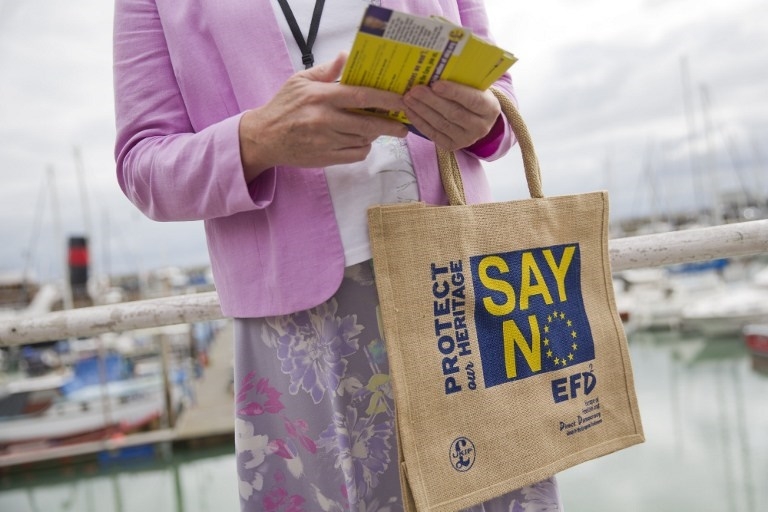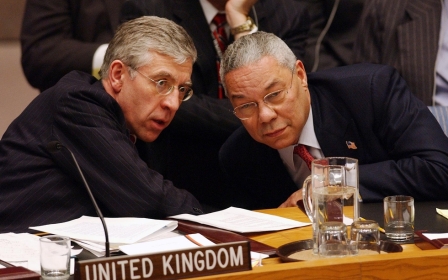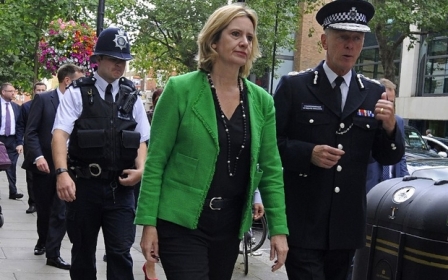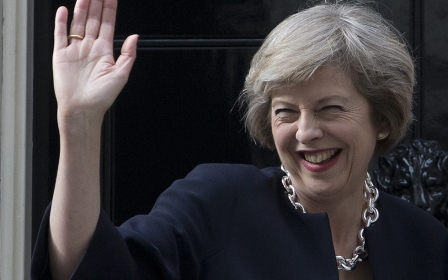Hate crimes in Britain linked to Brexit campaign, says study

Hate crimes in the wake of Britain's decision to leave the European Union frequently took inspiration from the campaign to leave the bloc, according to a study released on Thursday.
Police recorded a spike in hate crimes in the days following Britain's 23 June referendum to leave the EU, after a campaign which drew heavily on public concerns around immigration.
An Institute of Race Relations analysis of 134 racist incidents reported in the media in the month after the vote has found 51 of these either specifically referred to the referendum or messages used during the campaign.
"Fuck off back to your country," a man was told after being asked if he was from an EU country, the report said.
"Just go home. We voted you out. You will have to leave the country soon," a man told one eastern European woman, in another of numerous examples cited by the institute.
Violence was also directed at those who supported Britain remaining in the EU, with one campaigner having the windows of their business smashed, the institute said.
The charity found 93 of the cases analysed featured a white British perpetrator, while two people were listed as black and in 39 cases the ethnicity was unknown.
Muslims made up the largest group of victims, in 30 incidents, while 28 cases involved southern or eastern European victims.
The research organisation criticised the policies of both the Conservative and Labour parties, as well as British media reporting on immigration, as laying the groundwork for hate crime after the referendum.
"Our thesis is that the spike in race hatred has had a direct impetus from the divisive approach to race, religion and migration which is now official policy.
"To put it simply, if a hostile environment is embedded politically, why should we be surprised when it takes root culturally?"
While the analysis focused on incidents reported in the media following the vote, earlier this year the National Police Chiefs' Council said more than 3,000 incidents were reported to police nationwide between 16 June and 30 June.
The figure represents a 42 percent increase on the same period in 2015, which police attributed in part to greater vigilance by officers and greater awareness among the public.
New MEE newsletter: Jerusalem Dispatch
Sign up to get the latest insights and analysis on Israel-Palestine, alongside Turkey Unpacked and other MEE newsletters
Middle East Eye delivers independent and unrivalled coverage and analysis of the Middle East, North Africa and beyond. To learn more about republishing this content and the associated fees, please fill out this form. More about MEE can be found here.




